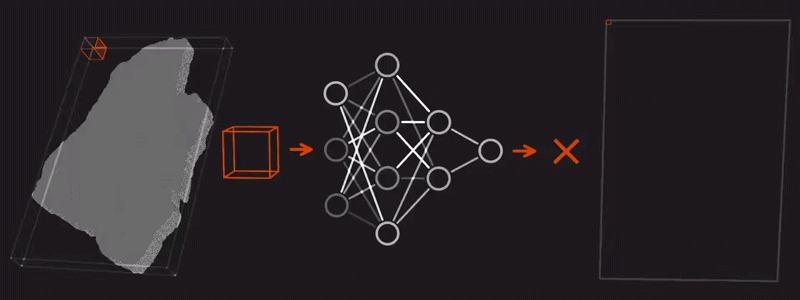Unlocking Ancient Mysteries with AI: How Artificial Intelligence is Revolutionising the Study of Ancient Texts
Artificial Intelligence (AI) is dramatically transforming the study of ancient texts, making once-inaccessible historical data readable and analysable. Recent breakthroughs, such as the Vesuvius Challenge, have successfully revealed Greek writings from ancient Herculaneum scrolls that were previously thought unreadable due to being carbonised during the eruption of Mount Vesuvius. AI tools are being applied to decipher ancient languages, piece together fragmented texts, and even read sealed manuscripts without opening them.
This advancement offers enormous potential for historians and archaeologists, providing access to a wealth of new information while also introducing new challenges regarding data accuracy, cultural access, and the ethical use of AI tools. As AI models continue to evolve, the need for interdisciplinary collaboration and transparency becomes essential for maximising the benefits while mitigating potential risks.
Key Breakthroughs and Projects
The integration of AI in historical studies is being driven by a series of groundbreaking projects:
- The Vesuvius Challenge: By using AI models like TimeSformer, researchers have successfully decoded Greek texts from ancient carbonised papyri for the first time in centuries.
- Pythia and Ithaca Projects: Developed at the University of Oxford, these models use neural networks to predict missing text in ancient Greek inscriptions with over 70% accuracy, improving restoration efforts significantly.
- Hanja Archives in Korea: South Korean researchers use transformer models to translate vast historical records written in ancient Korean script, making the data more accessible for historical analysis.
- Fragmentarium Project: This initiative digitises and analyses cuneiform tablets from Babylonian archives, revealing previously unknown texts such as a hymn to Babylon and additional lines from The Epic of Gilgamesh.
How AI is Transforming the Field
1. Decoding Burnt and Unreadable Texts:
AI has revealed Greek texts in the carbonised Herculaneum scrolls, which were previously thought to be too damaged for study.
2. Reconstructing Fragmented Inscriptions:
Neural networks have successfully pieced together fragments of ancient Greek and Babylonian texts, even in cases where up to 75% of the content was missing.
3. Automated Translation of Ancient Languages:
Models trained on historical languages like Linear B, Akkadian, and Hanja are aiding the translation of ancient scripts with unprecedented accuracy.
4. Handling Large Data Archives:
AI models are helping researchers process massive datasets, such as the Hanja historical archives and Babylonian cuneiform tablets, which would have taken decades to manually translate and analyse.
5. Ethical Challenges and Accuracy Concerns:
While AI offers powerful tools, issues such as data hallucination (where the model generates incorrect but plausible results) raise concerns about accuracy. There is also debate over who controls access to newly uncovered historical data and how the results should be shared responsibly.

The Future of AI in Historical Research
AI’s ability to reveal, reconstruct, and translate ancient texts is revolutionising the field of historical research. However, it requires responsible usage. Ethical challenges, such as data ownership, result accuracy, and the need for open-access datasets, must be addressed.
To maximise the potential of AI in historical research, interdisciplinary collaboration between computer scientists, historians, linguists, and ethicists is essential. Future developments could include AI models capable of handling multiple languages simultaneously and further automated systems for text reconstruction and translation.
Important Points:
- AI models like TimeSformer, Pythia, and Ithaca are reshaping historical research by revealing ancient texts previously considered lost.
- The Vesuvius Challenge successfully used AI to read carbonised scrolls from Herculaneum.
- South Korean researchers are using AI to translate massive historical datasets from the Hanja archives.
- The Fragmentarium Project has revealed new Babylonian texts through AI-based cuneiform analysis.
- Ethical concerns include accuracy issues and the ownership of newly discovered historical data







